A religious reform movement that swept through Europe in the 1500's.
Protestant Reformation

The intellectuals of the 18th - century Enlightenment.
Philosophes

In terms of The Enlightenment, this term refers to the educated upper and comfortable middle classes...
The Public

It is argued that The Enlightenment began in this country...though it really took off in France.
England

A place where civilians of all social classes could gather and discuss ideas.
Salons
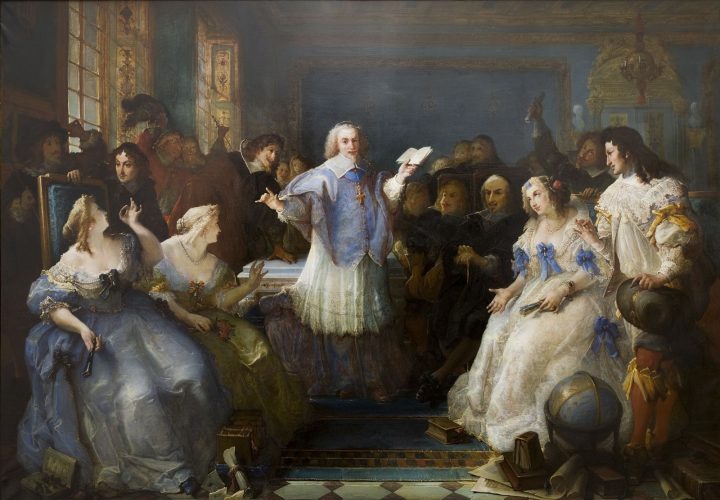
Prolonged cruel or unjust treatment or control.
Oppression

Movement that took the ideas and methods of the Scientific Revolution and applied them to the betterment of society.
Intellectual Movement/Age of Reason/The Enlightenment

An implied agreement among the members of a society to cooperate for social benefits, usually seen as sacrificing some individual freedom in exchange for state protection.
Social Contract

The political doctrine and practice of unlimited centralized authority and absolute sovereignty.
Absolutism

A series of events in the 16th and 17th centuries that marked the emergence of modern science, when developments in math, physics, astronomy, biology/anatomy, and chemistry that transformed the views of society about nature.
Scientific Revolution

This French philosophe and atheist created the Encyclopédie.
Denis Diderot (1713 - 1784)

Era marked by the years 1750 - 1914 in World History.
Modern Era
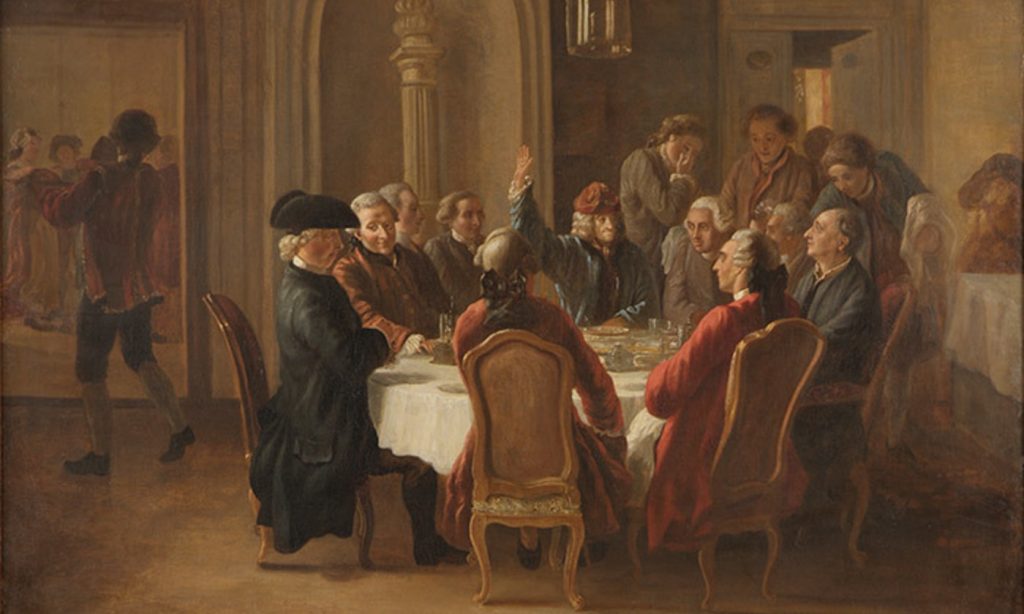
Theory that the Sun is the center of the solar system
Heliocentric
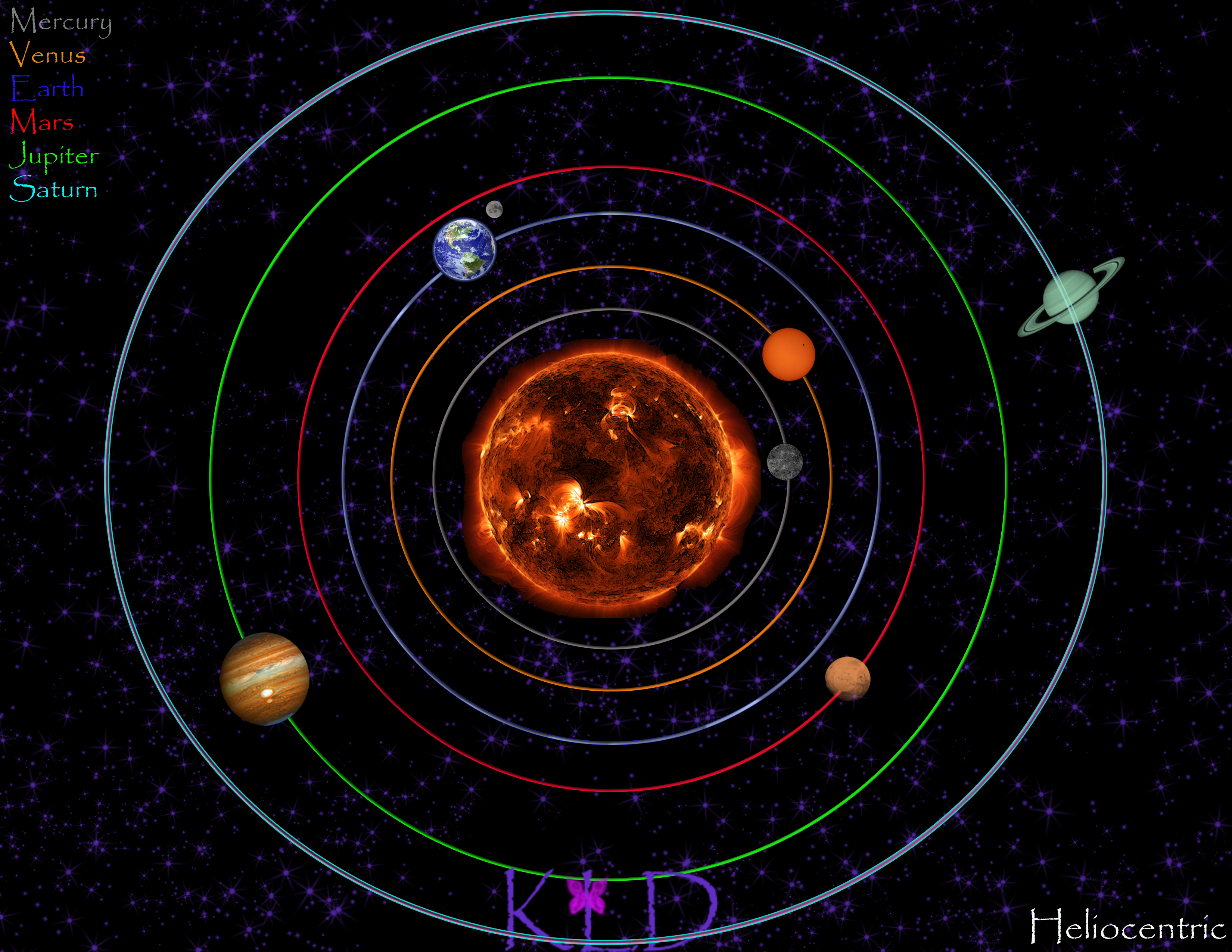
Methodology created by Sir Francis Bacon in the early 17th century. Later used by Locke, who applied it to the study of society.
Scientific Method

A ruler or other person who holds absolute power, typically one who exercises it in a cruel or oppressive way.
Despot

This individual created 95 Theses, stating what was wrong with the Catholic Church, and whose ideas founded the Christian sect known as Lutheranism.
Martin Luther (1483 - 1546)
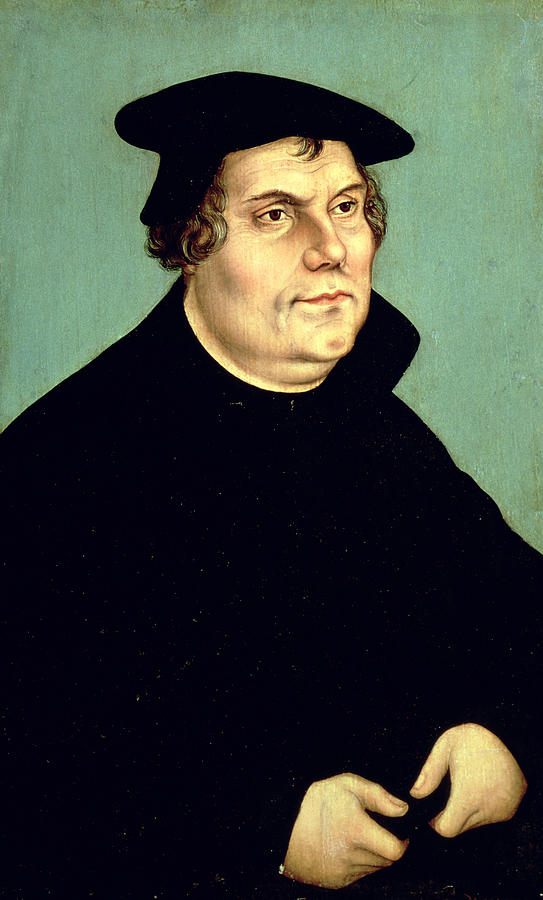
The power by which humans understand the universe and improve their own condition.
Reason

In terms of The Enlightenment, this concept describes: a rational guiding principle to moral behavior, contrary to desires and wants. (Think: philosophe Immanuel Kant)
Categorical Imperative
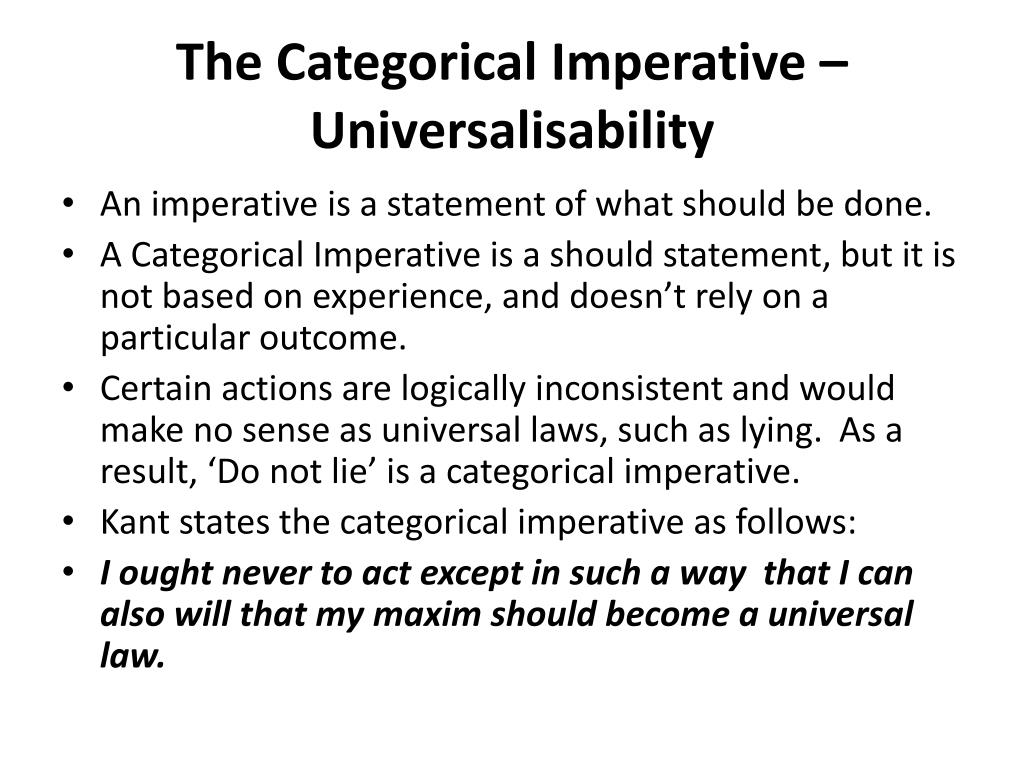
The political theory that every person has certain, basic rights that a government cannot deny, no matter where they live.
Natural Rights

Theory that the Earth is the center of the solar system
Geocentric
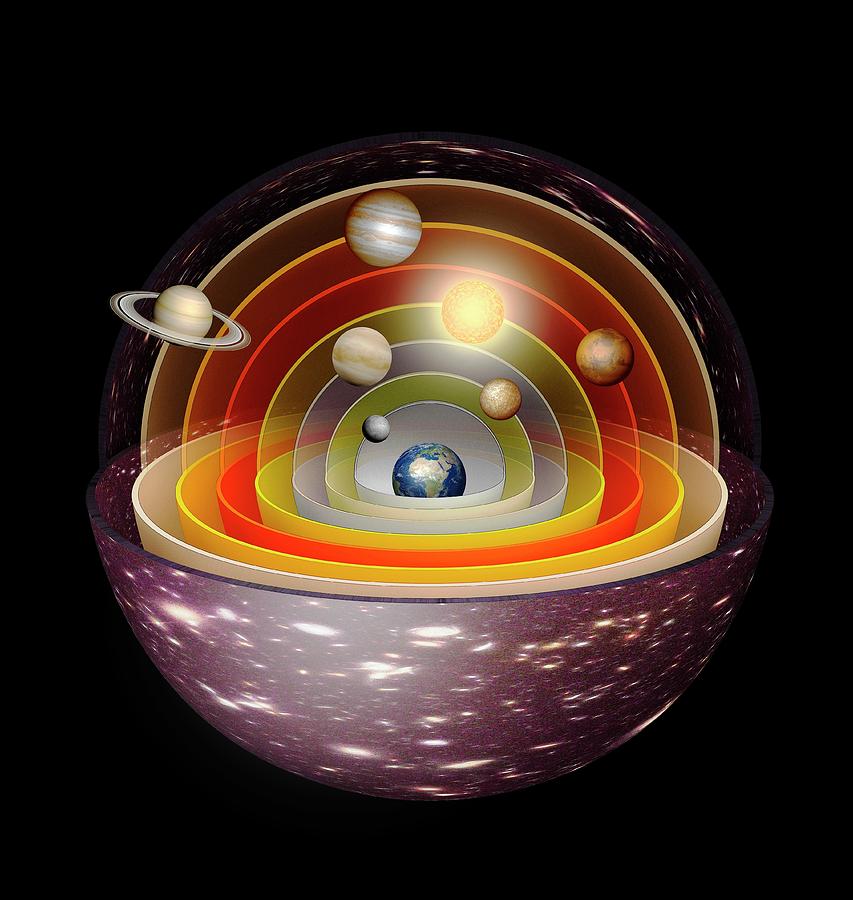
A forcible overthrow of a government in favor of a new system.
Revolution
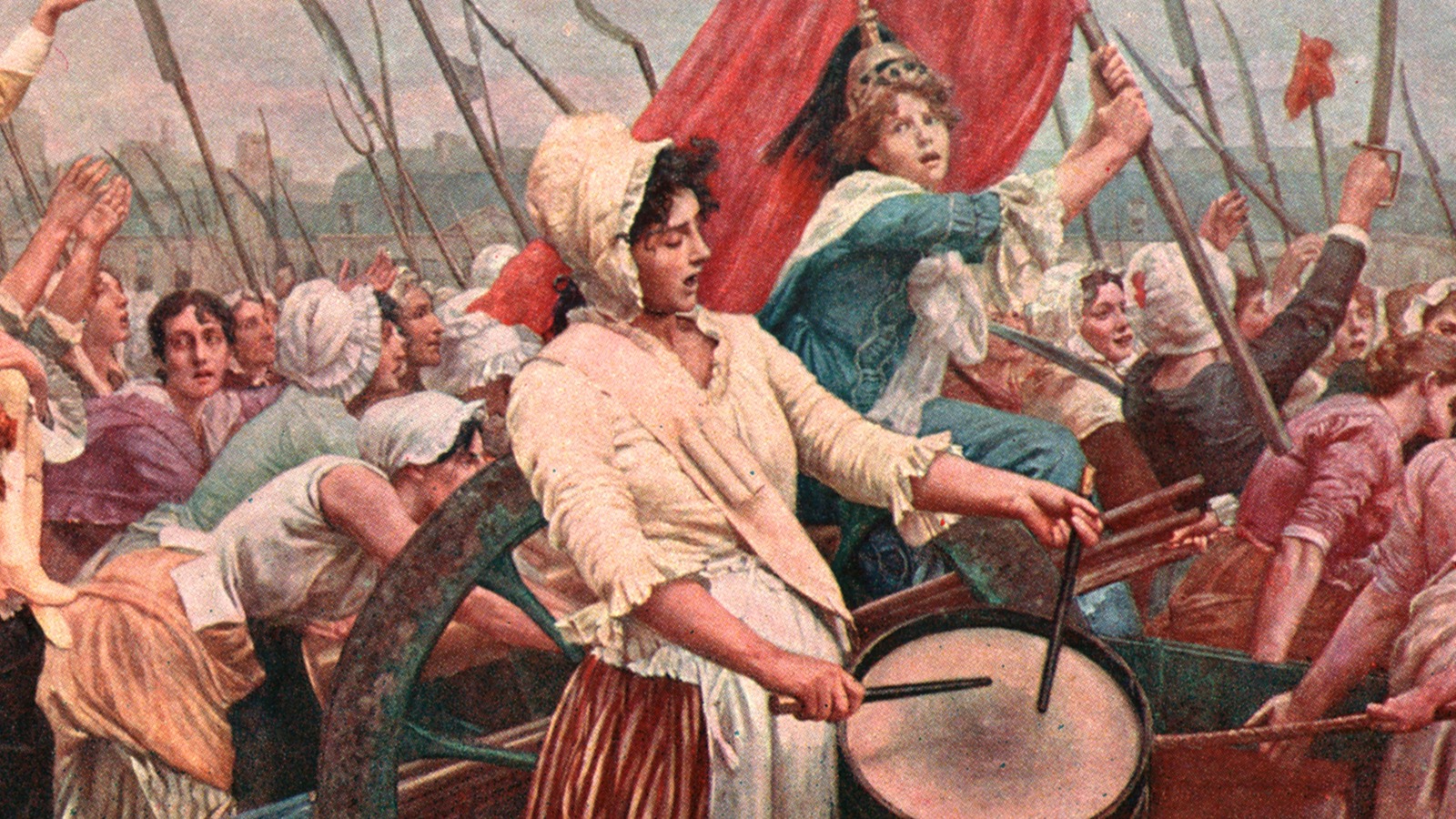
The name of Thomas Hobbes (English philosophe) famous publication describing "the natural state of humankind without government" -- summarizing it as: "solitary, poor, nasty, brutish, and short."
Leviathan
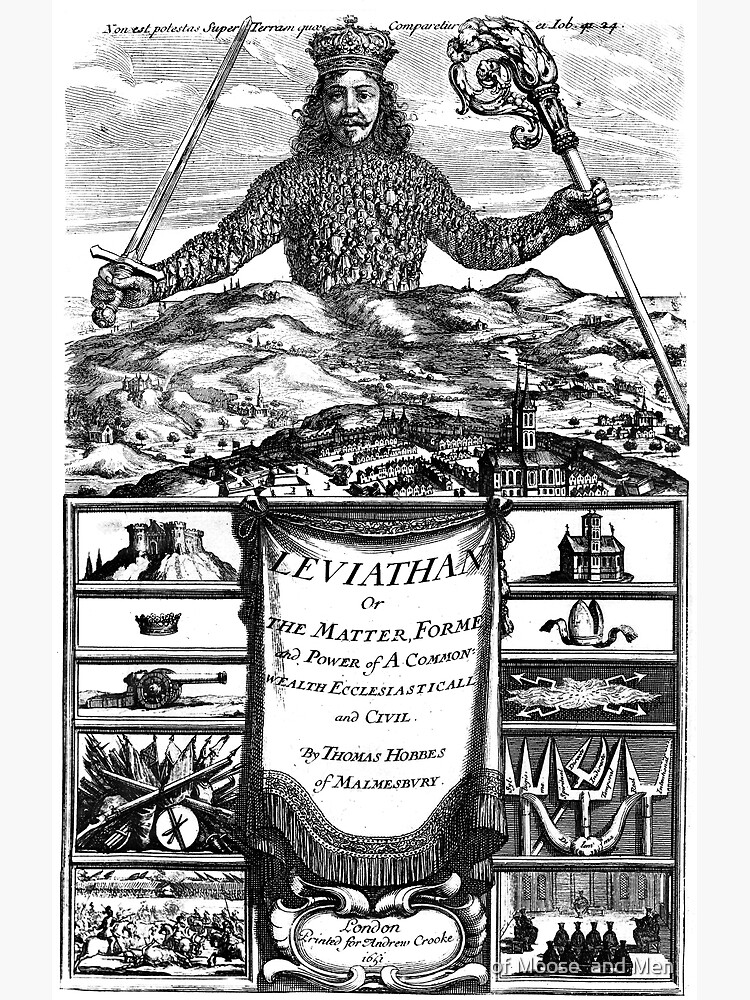
Belief in the existence of a supreme being, specifically of a creator who does not intervene in the universe.
Deism
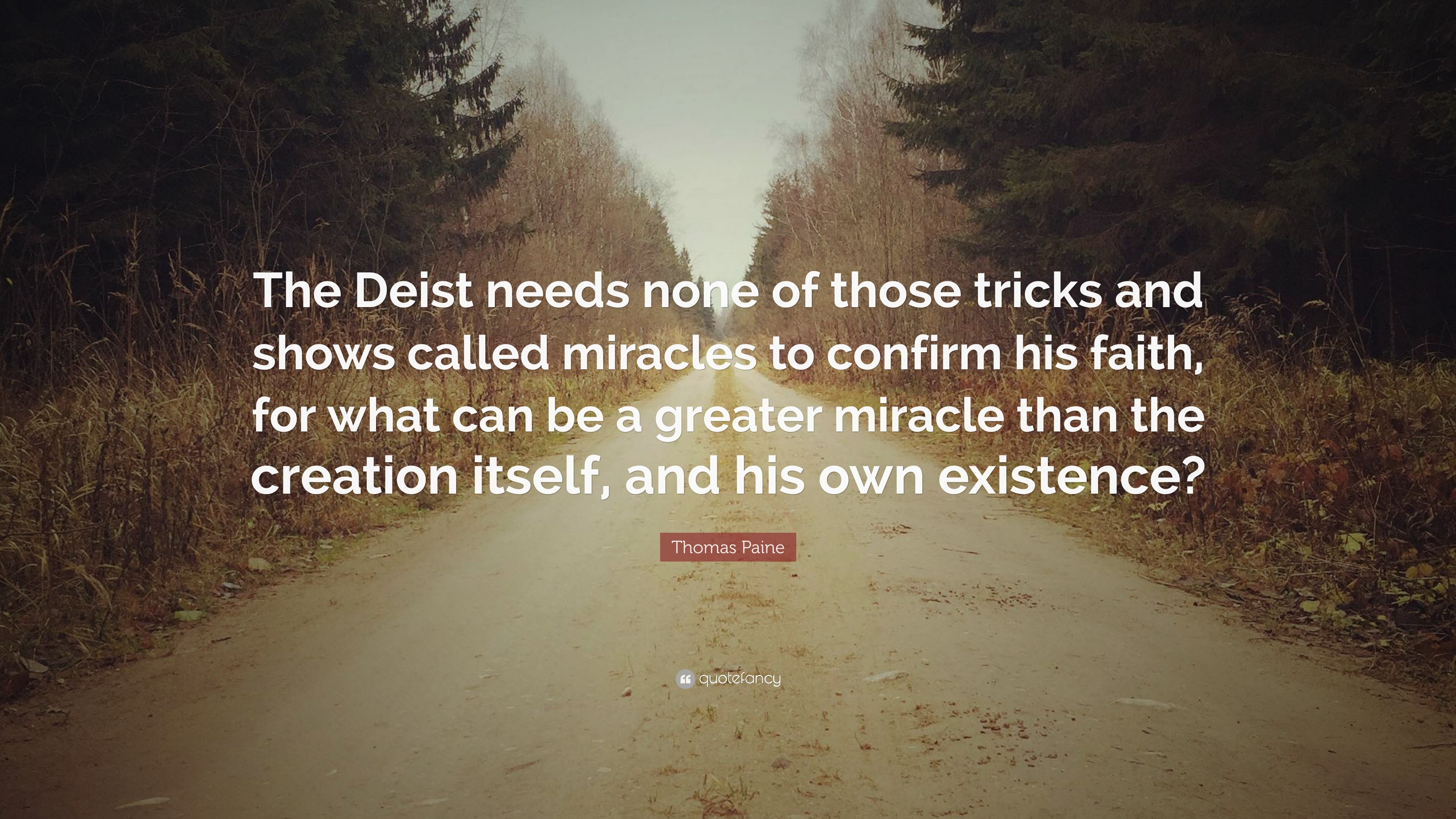
1. A body of unchanging moral principles regarded as a basis for all human conduct. 2. An observable law relating to natural phenomena.
Natural Law

This English king founded the Church of England (i.e. Anglicanism) because the Pope refused to allow him to divorce his wives for "not producing sons".
King Henry VIII

The principle that the authority of a state and its government are created and sustained by the consent of its people, who are the source of all political power.
Popular Sovereignty
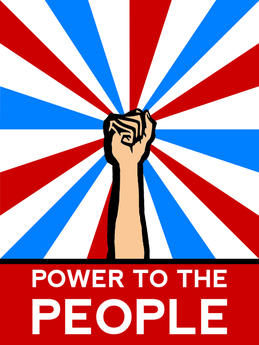
This English philosophe believed in "strong central government", that the ideal form of leadership was an "absolute monarchy", and that humanity's "natural rights" were "to survive through the use of reason and judgement".
Thomas Hobbes (1588 - 1679)
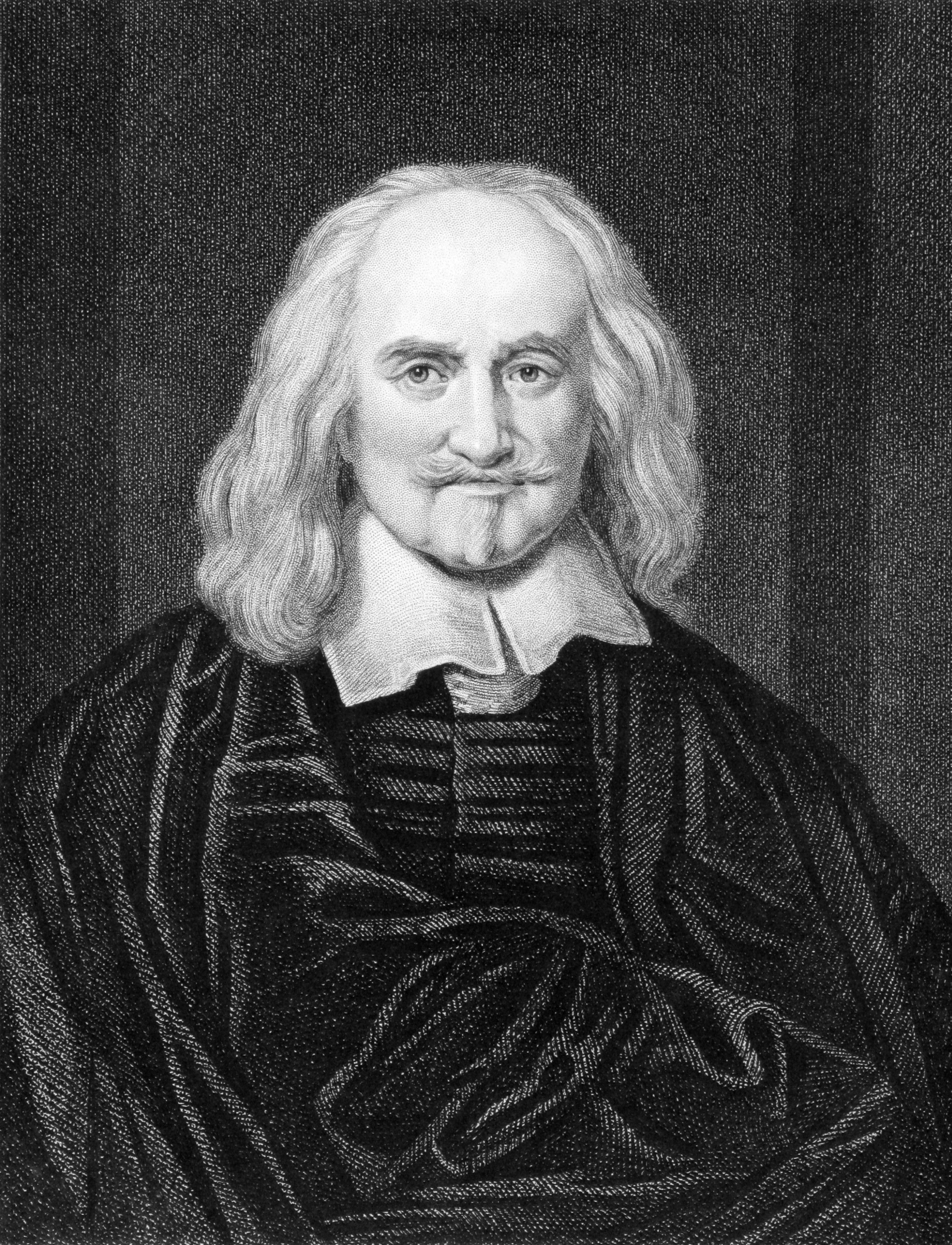
This English philosophe (who inspired the future works of many other philosophes) believed "people voluntarily joined a social contract", and that people's natural rights were: "life, liberty, and property".
John Locke (1632 - 1704)

This word describes: movement for deeper personal relationship with God, also sometimes called "dry religion". ("a 17th century religious movement originating in Germany in reaction to formalism and intellectualism and stressing Bible study and personal religious experience." - Merriam-Webster Dictionary)
Pietism
The state of being free within society from oppressive restrictions imposed by authority on one's way of life, behavior or political views.
Liberty

This French philosophe inspired many French and American revolutionaries, especially with his ideas on: checks and balances, separation of powers (including concepts of legislative, executive, and judicial branches), and that peoples' natural rights were "the freedom to do what laws permit".
Montesquieu (1689 - 1755)

This philosophe is considered to be the founder of modern feminism. She wrote Vindication on the Rights of Women, 1792, arguing reason is innate in all humans -- including women.
Mary Wollstonecraft (1759 - 1797)

This French philosophe was a mathematician, physicist, and teacher to Voltaire. She helped popularized science and advocated for making concepts/education accessible to more people.
Emilie du Chatelet (1706 - 1749)

This philosophe believed "the ideal government is a direct democracy and that laws should protect individuals' freedoms". He believed that natural rights included "life and liberty" and criticized the concept of private property.
Jean Jacques Rousseau (1712 - 1778)
This Prussian philosophe believed: Rationality = Practicality = Morality = Freedom.
Immanuel Kant (1724 - 1804)
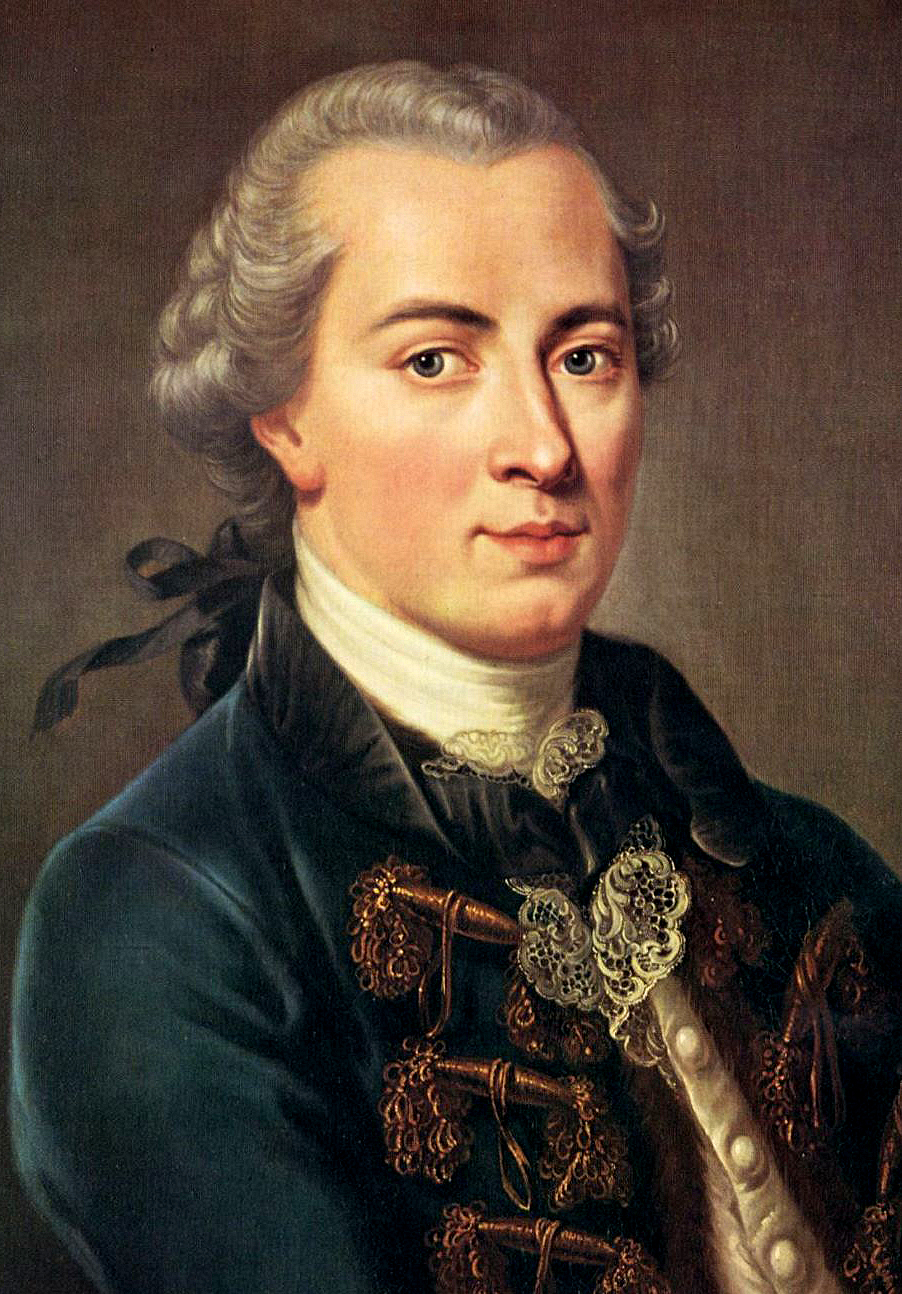
In the context of "The Modern Era" (1750 - 1914): means "to think for oneself, not rely on knowledge from others, organizations, or institutions (reason explains everything, nothing on faith alone, and rationalism)
Enlightenment

This English philosophe wrote A Serious Proposal to the Ladies, 1697 and argued "women need to be educated and ought to be equal partners with their husbands". She also stated: "If absolute sovereignty be not necessary in a state, how comes it to be so in a family?"
Mary Astell (1666 - 1731)
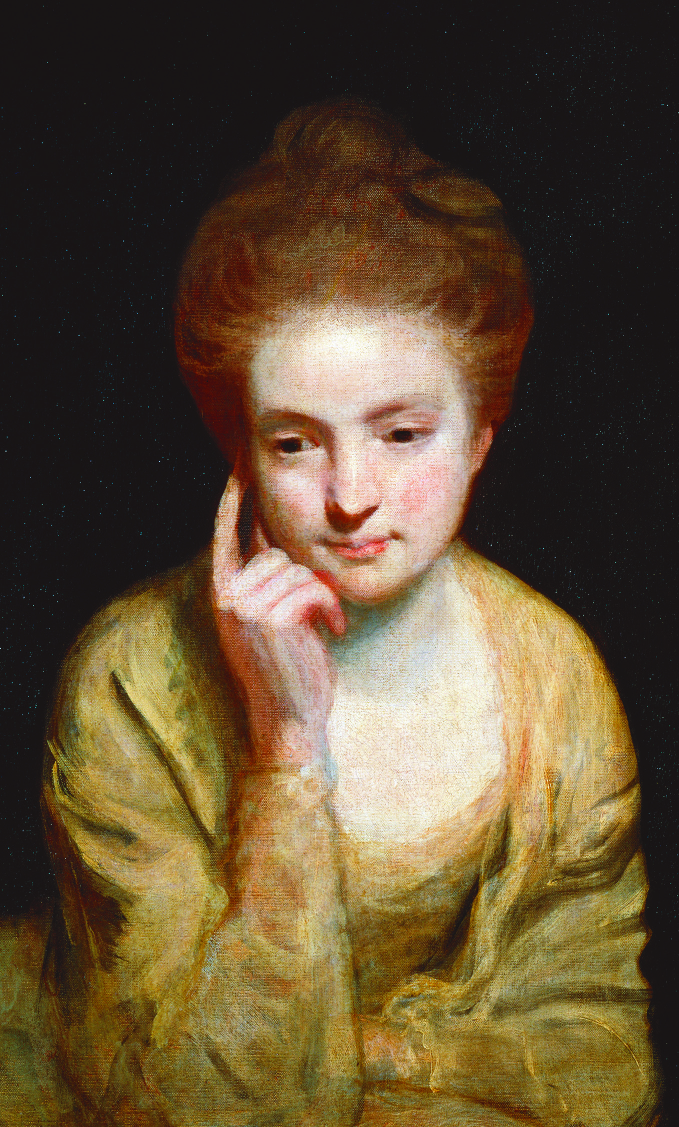
This French religious scholar believed "good works were not how one received salvation", but through faith and predestination. A Christian sect is named after him.
John Calvin (1509 - 1564)

This French philosophe was a royal historian, playwright, philosophical author, and staunch supporter of the Freedom of Speech. He was Deist but also a large proponent of religious toleration, critic of the French government, and wrote the famous satirical work Candide.
Francois Marie Arouet (a.k.a. Voltaire; 1694 - 1778)

The ______ not only weakened the power of the Church but also of European governments, creating greater opportunities for the spread of democracy.
The Reformation
